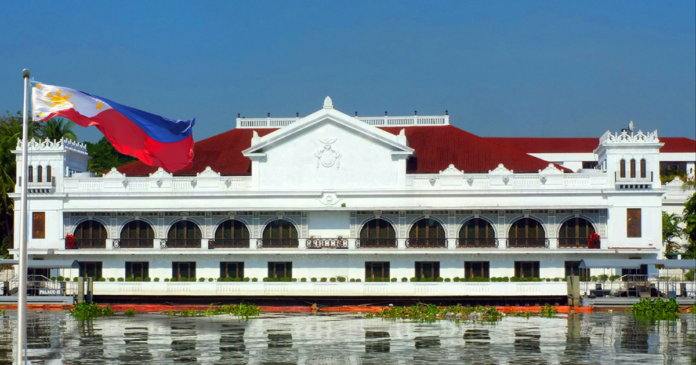In the current political climate of the Philippines, tensions between the country’s two highest officials are creating a spectacle of power dynamics, exposing vulnerabilities that undermine national stability. With the country polarized, instances of the breakdown of elected tickets and the drawing of lines in the sand can be seen as divisive.
This division highlights broader implications and underscores the woes of ineffective governance, particularly regarding the country’s economic and social well-being amid floundering politics.
Recent editorials highlighted that these political divisions contribute to an atmosphere of uncertainty, negatively impacting both local and foreign investments. A December 2024 article from BusinessWorld Online emphasizes that political conflicts at the highest levels echoes a damaging message to investors who prioritize stable leadership and a clear, cohesive governance framework.
Ongoing spats between President Ferdinand Marcos Jr. and Vice President Sara Duterte—centered on accusations of corruption and mismanagement of resources—have only intensified concerns about the Philippines’ long-term economic outlook.
Channel News Asia streamlines this sentiment, pointing the political feud between the two leaders—exacerbated by impeachment proceedings and public disputes—has raised doubts about the government’s ability to manage critical economic challenges. The administration has faced increasing criticism for its lack of cohesion and strategic vision, particularly in dealing with crises such as natural disasters and economic downturns.
Additionally, political polarization, fueled by misinformation and fragmented governance, has further eroded public trust in democratic institutions. This divide not only deepens social rifts but also diminishes the public’s faith in the government’s ability to address key issues such as poverty, unemployment, and inflation, as highlighted by BusinessWorld in its December 2024 analysis of political instability.
As the 2025 midterm elections loom, it becomes imperative for the Philippines to elect leaders who prioritize integrity, accountability, and long-term planning. The nation needs visionary leaders who can bridge divides, restore public trust, and ensure governance aligns with broader national goals.
Without decisive leadership, the Philippines risks not only economic stagnation but also deeper societal fractures that could have lasting consequences for its future.



